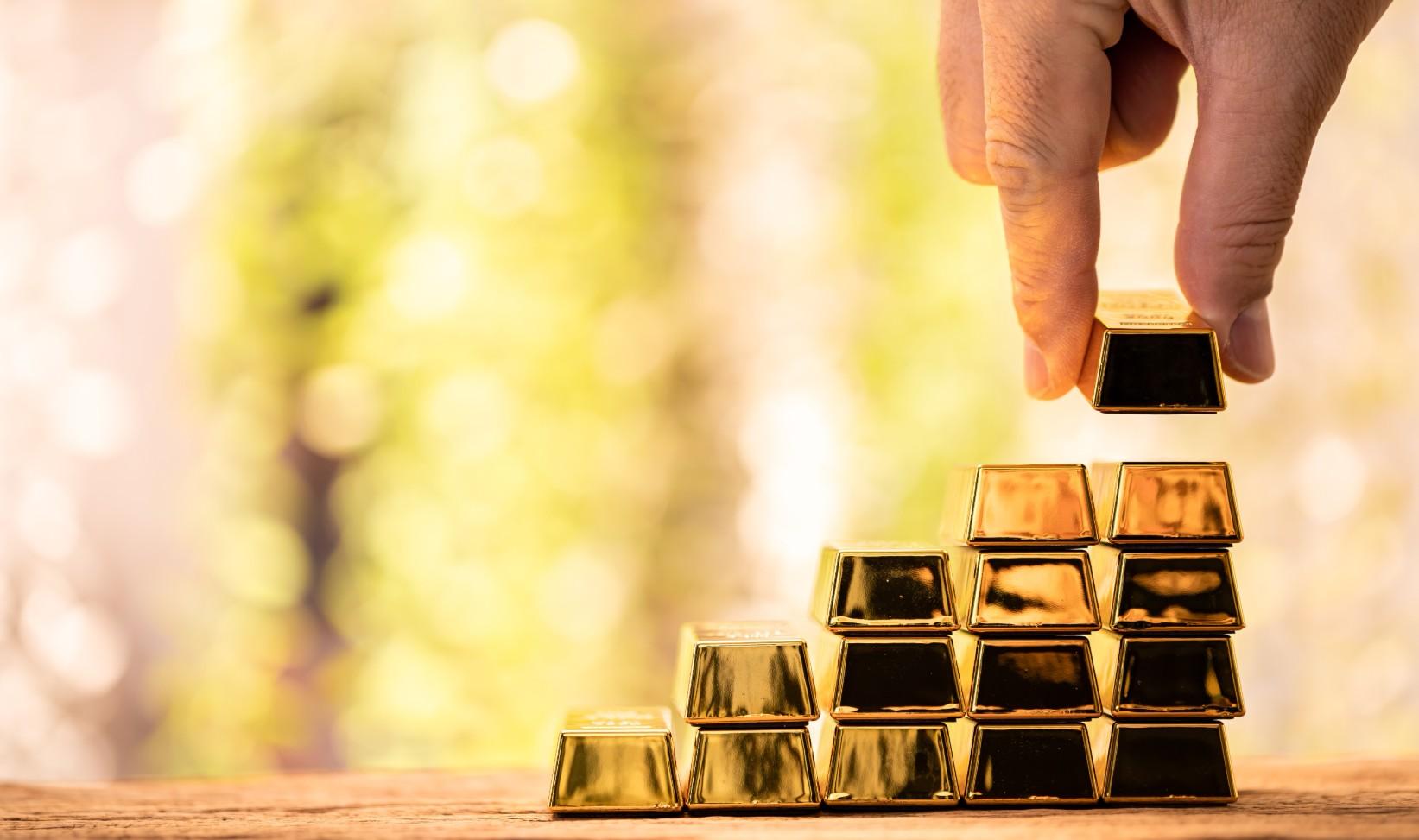
Zakat is one of the five pillars of Islam. It is a necessary act of worship that purifies wealth and helps the well-being of those in need. All adult Muslims that are eligible must pay zakat annually. This is done once their wealth surpasses the Nisab (minimum threshold). Understanding when and how to pay zakat is essential, particularly when it comes to assets like gold, silver, and platinum. If you are due to pay your zakat, consider supporting those in need through UK Islamic Mission (UKIM). We provide vital assistance worldwide and your contributions can help transform lives.
Zakat is obligatory once a full lunar year (Hawl) has passed. It is required when a person’s wealth reaches or exceeds the Nisab. The Nisab is based on the value of 87.48 grams of gold or 612.36 grams of silver. Many scholars recommend using the silver Nisab for a more inclusive approach. This is due to the fluctuating market values and the fact that it allows more people to receive the benefits of zakat.
Gold is one of the most common assets on which zakat is payable. How is zakat calculated on gold? Zakat is due on personal gold possessions that exceed the Nisab. These can be in the form of jewellery, coins, or bars. The zakat rate is 2.5% of the total weight of the gold owned.
For example, if a person owns 100 grams of gold and the current market value per gram is £50, the total worth of the gold is £5,000. The zakat payable would be:
£5,000 × 2.5% = £125
If the gold is mixed with other metals, only the pure gold content is subject to zakat. It is always best to seek a professional valuation to maintain accuracy before calculating zakat. You can also refer to gold purity standards to further assist you.
Do you have to pay zakat on silver? Yes, if the total silver owned exceeds 612.36 grams. The calculation is the same as for gold: 2.5% of the total value. Silver is generally less expensive than gold. So, when zakat is calculated on silver, more people fall within the Nisab threshold. This makes silver an important asset for zakat assessment.
If you own 700 grams of silver and the market price per gram is £0.60, the total value is:
700 × £0.60 = £420
Since this surpasses the Nisab, zakat is required:
£420 × 2.5% = £10.50
Zakat on silver remains significant in helping those in need, even with its lower value compared to gold.
Many scholars recommend using silver to determine Nisab. It is recommended as it allows more people to qualify for zakat payment. However, if you follow the gold standard, you should use the gold Nisab to determine whether your total wealth is eligible for zakat. If your gold or silver is stored in investments, savings, or jewellery that are not in daily use, zakat remains payable on it.
Platinum is not traditionally classified as a currency in Islamic teachings. Do you have to pay zakat on platinum? Since it is not considered a form of wealth, like gold and silver, zakat is not obligatory on platinum jewellery. However, if platinum is part of your business assets or investments, then zakat must be paid based on its value as part of your overall wealth.
There is no specific month to pay zakat. With this being said, many Muslims prefer to do so during Ramadan for increased blessings. However, it must be paid as soon as it is due to ensure that those in need receive timely support.
Your zakat should be distributed among those who qualify, including the poor, the needy, and those in debt. Donate with UK Islamic Mission to reach the neediest and help change their lives.
Zakat is more than a duty; it is a way to purify wealth and support those in need. Understanding how to calculate zakat on gold, silver and platinum is essential. It allows you to fulfil this obligation in the right way, so the needy benefit from your payment. Pay your zakat and make a difference today by donating to UKIM. Your contributions provide food, shelter, education and medical care to those in need.
Copyright © 2025 UKIM All Rights Reserved.
UK Registered Charity Since 1962
Charity Registration No. 250275



